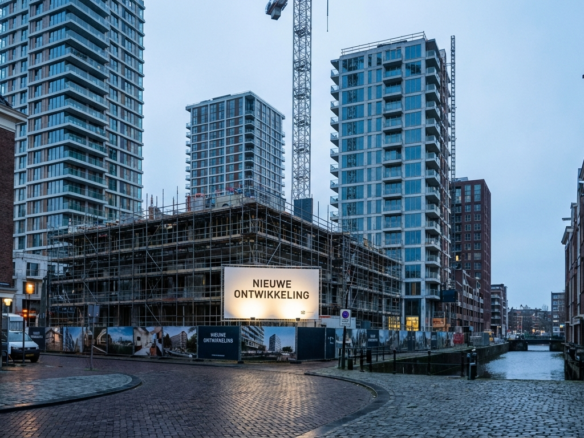Portugal’s rental market is experiencing a notable transformation as housing availability improves across the country. After years of intense competition and soaring prices, recent data reveals a significant cooling period that’s making it easier for tenants to find suitable accommodations.
Get 50% OFF!
Subscribe to our newsletter and enjoy a 50% discount on all listing packages, no strings attached!

Portugal’s Rental Demand Drops Significantly
The Portuguese rental market has witnessed a dramatic shift in recent months, with demand dropping substantially across major cities and regions. This change marks a stark contrast to the hypercompetitive environment that characterized the market over the past few years, where prospective tenants often faced bidding wars and lengthy waiting lists for decent properties.
Multiple factors contribute to this cooling trend, including economic uncertainties, changing migration patterns, and evolving work arrangements that allow for greater location flexibility. The combination of these elements has created a more balanced market dynamic, where landlords are beginning to adjust their expectations and pricing strategies to attract quality tenants.
Where Finding Homes is Getting Much Easier
Lisbon and Porto, traditionally the most challenging cities for rental seekers, are now showing signs of increased availability and reduced competition. Properties that would have received dozens of applications within hours are now staying on the market for weeks, giving potential tenants more time to make informed decisions and negotiate terms.
Coastal areas and smaller cities throughout Portugal are experiencing even more dramatic improvements in housing accessibility. Towns like Braga, Coimbra, and Aveiro are reporting rental vacancy rates that haven’t been seen in years, creating opportunities for both local residents and newcomers to secure quality accommodations without the previous stress and urgency.
Market Shifts Show Clear Regional Patterns
Northern Portugal is leading the trend toward easier housing access, with cities reporting the most significant decreases in rental demand. The region’s combination of lower living costs, improved infrastructure, and growing job opportunities has created a more sustainable rental market that benefits both tenants and property owners.
Central and southern regions are following similar patterns, though at varying speeds. The Algarve, once dominated by short-term vacation rentals, is seeing more properties return to the long-term rental market as tourism patterns normalize. This shift has increased housing stock availability and provided more options for permanent residents seeking quality accommodations.
Rent Prices Begin to Stabilize Nationwide
After years of consistent increases, rental prices across Portugal are showing signs of stabilization and, in some cases, modest decreases. This price moderation is particularly noticeable in premium neighborhoods that previously commanded premium rates regardless of market conditions.
The stabilization trend extends beyond major metropolitan areas to include smaller towns and rural regions. Property owners are increasingly offering incentives such as flexible lease terms, included utilities, or reduced security deposits to attract and retain tenants. This competitive environment benefits renters who now have more negotiating power than they’ve experienced in recent years.
What This Means for Future Home Seekers
The current market conditions present excellent opportunities for individuals and families who have been waiting for the right moment to secure rental housing. With reduced competition and more reasonable pricing, potential tenants can take time to properly evaluate properties and neighborhoods without feeling pressured to make hasty decisions.
Looking ahead, this market cooling appears to be creating a more sustainable rental ecosystem in Portugal. The improved balance between supply and demand suggests that the extreme conditions of recent years were unsustainable and that the market is naturally correcting itself. For future home seekers, this trend indicates that Portugal’s rental market may be entering a period of greater accessibility and affordability, making it an increasingly attractive destination for both domestic and international renters.
Portugal’s rental market transformation represents a significant shift toward greater housing accessibility and market balance. This cooling period offers valuable opportunities for those seeking quality rental accommodations while suggesting a more sustainable future for the country’s housing sector.





Join The Discussion